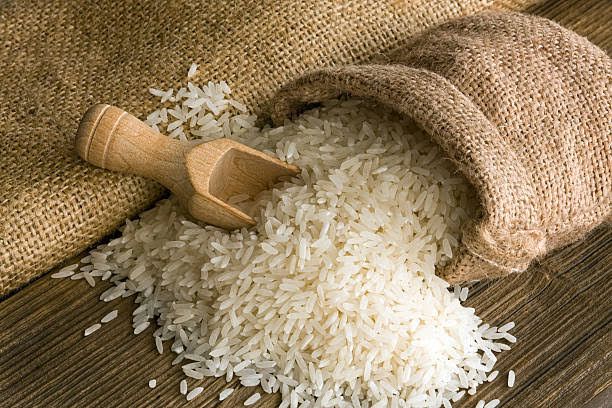Tags
Stakeholders call for strategic reforms to boost rice production
DAILY NEWS Reporter

MOROGORO: The Rice Council of Tanzania (RCT) has called for strategic reforms to boost rice production countywide.
Despite the country’s vast fertile land and abundant water resources, rice production continues to face several challenges including low productivity, poor infrastructure, limited access to competitive markets, and unstable prices.
Rice is among the most important food and commercial crops in Tanzania, playing a key role in food security and farmers’ incomes.
These issues were highlighted during a recent stakeholders’ meeting held in Morogoro, organized by the Rice Council of Tanzania (RCT).
The forum brought together key players in rice seed development, irrigation, and trade, aiming to explore ways to enhance productivity, propose farmer-friendly policies, address existing challenges, introduce fair pricing guidelines, and elevate the crop to international quality standards.
The meeting was officially opened by the Deputy Permanent Secretary of the Ministry of Agriculture, Dr. Stephen Nindi. In his address, Dr. Nindi outlined several government initiatives aimed at increasing the value of agricultural products, including rice.
He noted that with the agricultural budget now reaching approximately 1.2 tri/-, the ministry has already begun improving services through capacity-building of key institutions such as the Tanzania Agricultural Research Institute (TARI), Agricultural Seed Agency (ASA), and the Tanzania Official Seed Certification Institute (TOSCI).
These institutions are now better equipped to produce high-quality rice seeds, with the goal of positioning Tanzania as a regional hub for premium rice in East Africa and beyond.
Dr. Nindi emphasized that subsidizing seeds and improving agricultural extension services are essential pillars for transforming smallholder farming.
When effectively implemented, these strategies enhance productivity, strengthen food security, increase household incomes, and spur overall economic growth.
He confirmed that under the leadership of President Samia Suluhu Hassan, the government has intensified investments in these areas to bolster the agricultural sector.
Addressing the stakeholders’ call for government intervention on rice pricing, Dr. Nindi stated that the task of setting indicative prices is currently being handled by the Cereals and Other Produce Regulatory Authority (COPRA).
He assured farmers that they will be informed once the process is complete.
“Setting indicative prices for rice is a critical step towards fairness, sustainable production, and building the rural economy
If this policy is implemented transparently, collaboratively, and with the right expertise, Tanzania could elevate its rice sector to regional and global competitiveness,” he added.
Dr. Nindi also mentioned that over 700 irrigation projects have so far been launched across the country, aimed at improving local irrigation schemes that are managed directly by farmers.
“Tanzania, being a country affected by erratic rainfall and climate change, relies heavily on irrigation to ensure sustainable and productive agriculture.
Well-managed irrigation schemes that involve local communities can help eradicate poverty, improve crop yields, and position our country as a leader in strategic crop production—including rice,” he explained.
Natoto Omary, a rice farmer from Mvomero District, acknowledged the government’s efforts to boost rice productivity but pointed out that more needs to be done especially in seed research.
He said that some available seed varieties fail to resist pests and diseases, and many of the inputs distributed to farmers do not meet required quality standards.
“High-quality inputs are the foundation of productive rice farming. Without them, farmers face poor harvests and financial losses—made worse by prices that do not reflect the real cost of production,” Omary said.
He stressed the need for rice pricing to be aligned with actual production costs per acre, to support sustainable, profitable agriculture and contribute to national food security.
https://dailynews.co.tz/stakeholders-call-for-strategic-reforms-to-boost-rice-production/Published Date: July 9, 2025






